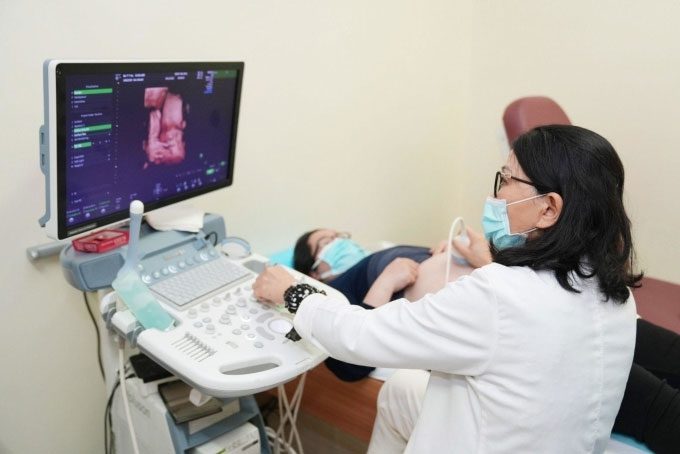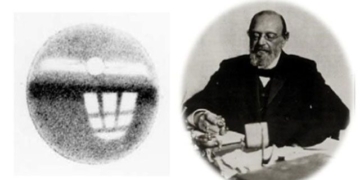When is the best time to conceive, how long does it take for pregnancy symptoms to appear, and how can couples improve their chances of having a child are common questions many couples have.
When Does Conception Occur?
Conception occurs when sperm fertilizes an egg in the female reproductive tract, which can happen within minutes after intercourse or up to 6 days later.
The reason is that sperm can survive in a woman’s reproductive system for up to 5 days, while the egg only lives for 12-24 hours after being released from the ovary. The process of conception can take place at any time during this 6-day window (fertility window). This means that the day of intercourse is not necessarily the day of conception. Conception can happen quickly if the couple has intercourse during ovulation and the egg is ready for fertilization.
Research indicates that sperm takes an average of 2-10 minutes to travel from the cervix to the fallopian tube to meet the egg, which is where fertilization occurs.

A doctor at the Obstetrics and Gynecology Center, Tam Anh General Hospital in Hanoi, performs an ultrasound to screen for complications during pregnancy. (Photo: Hospital provided)
How Soon After Intercourse Can One Be Pregnant?
The fertilized egg, which forms a blastocyst, must travel from the fallopian tube to the uterus and implant itself. The implantation process usually occurs 6-12 days after conception. Some individuals notice early signs of pregnancy such as light bleeding and cramping, but most do not experience any symptoms.
What Is the Success Rate of Conception?
Many couples conceive within a month, while others may take several months to a year. According to the American College of Obstetricians and Gynecologists (ACOG), couples in their 20s or early 30s have a 25-30% chance of conceiving each month, and this number gradually decreases with age.
Infertility is defined as the inability to conceive despite regular intercourse for one year, or 6 months if the woman is over 35 years old. Couples in these situations should seek a comprehensive reproductive health evaluation soon for doctors to diagnose and treat any underlying issues.
How Can One Improve Their Chances of Conception?
Women should track their menstrual cycles and identify their fertility window. Intercourse around the time of ovulation maximizes the chances of success. There are various methods to help determine ovulation days, such as using ovulation predictor kits, charting basal body temperature, and monitoring cervical mucus. Couples should aim to have intercourse up to 5 days before ovulation.
Some believe that lying still or raising the legs helps sperm reach the cervix more easily, but there is no scientific evidence to support this. Similarly, urinating after intercourse does not deplete sperm; sperm can swim through the uterus regardless of the woman’s position. Couples trying to conceive should relax and manage stress.
What Are Early Pregnancy Symptoms?
Pregnancy symptoms can appear as early as one week after intercourse when the embryo implants itself into the uterine lining, but it often takes a few weeks for symptoms to be noticeable.
In addition to a missed period, common signs include light bleeding, breast tenderness, fatigue, frequent urination, headaches, loss of appetite or cravings, and nausea. Some individuals may not experience any noticeable symptoms.
When Should One Take a Pregnancy Test?
Home pregnancy tests cannot detect pregnancy immediately after fertilization or implantation. The female body needs to produce enough hCG, a pregnancy hormone, for a positive result on the test. For accurate results, women should wait until they have missed their period. If the pregnancy test is negative, wait a few days and test again.


















































